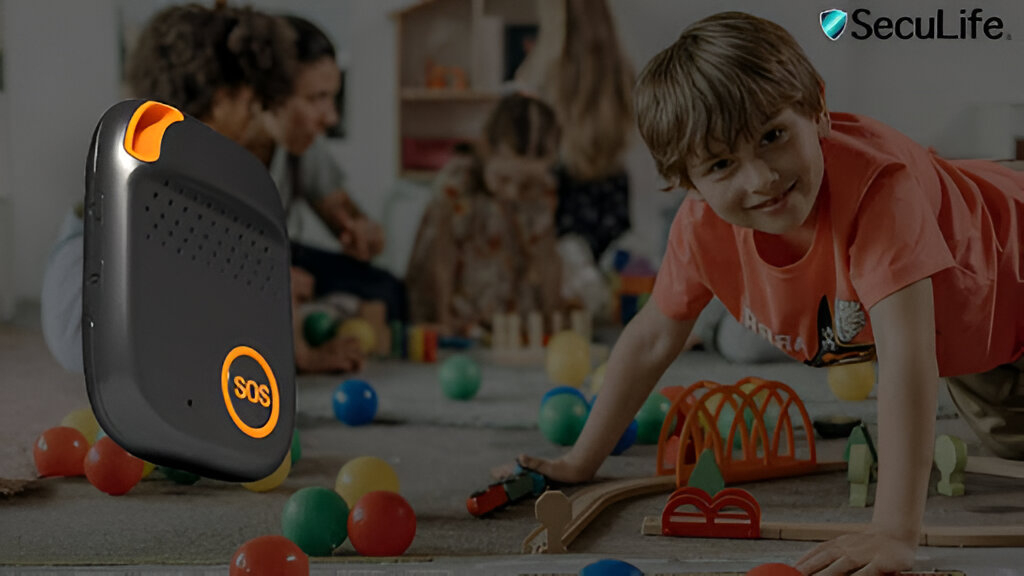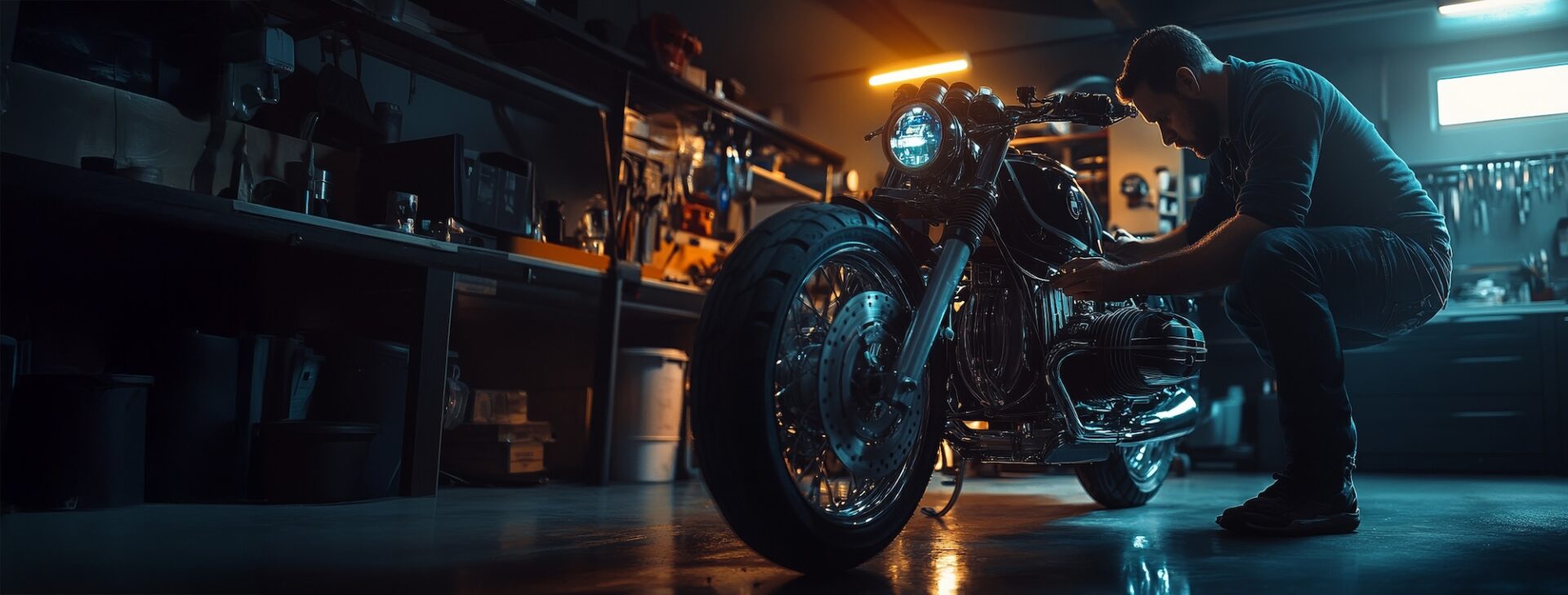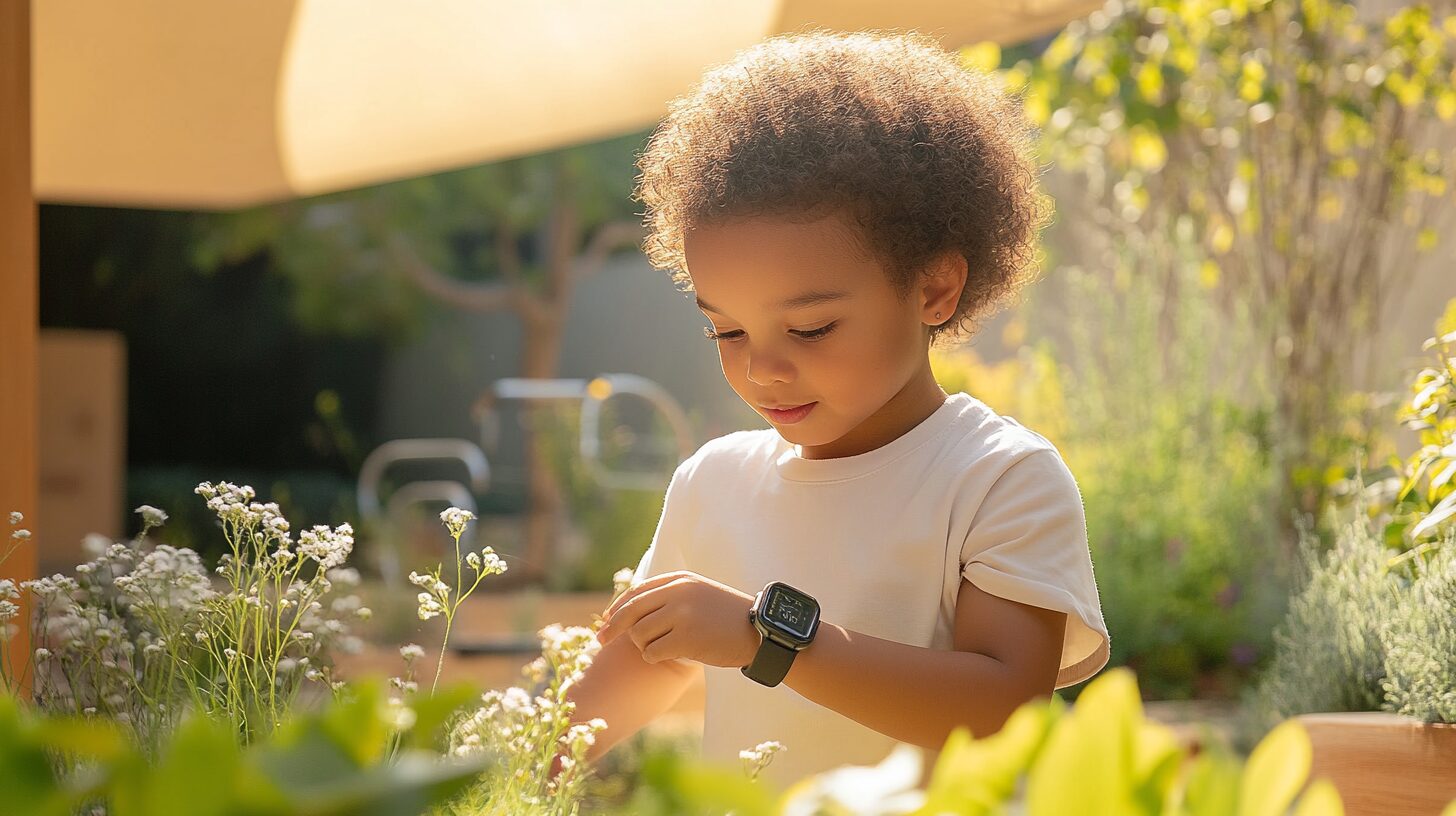What are the Best GPS Trackers for Dementia Patients?
When considering the best GPS trackers for dementia patients, it’s essential to prioritize features that cater to the specific needs of seniors with dementia. Look for devices that offer real-time tracking, long battery life, and an SOS button for emergency situations. These features can provide peace of mind for caregivers and ensure the safety and security of the seniors.
Furthermore, GPS trackers with fall detection capabilities can be extremely beneficial for seniors with dementia, as they can immediately alert caregivers in the event of a fall or potential injury. By choosing a tracker with comprehensive features, caregivers can effectively monitor and assist their loved ones with dementia, even from a distance.
To extend the paragraph: The best personal GPS trackers for dementia patients should be simple to operate, make it easy to track your loved one, and offer seamless smartphone integration. By selecting a device with these top features, caregivers can effectively ensure the safety and well-being of seniors with dementia, providing peace of mind for both the caregiver and the individual with dementia.
Top Features to Look for in GPS Trackers for Dementia Patients
When searching for personal GPS trackers for dementia patients, especially designed to track your loved ones, it’s crucial to consider certain key features. Look for devices with extended battery life to ensure continuous tracking for people with dementia without the need for regular recharging. Real-time tracking capabilities are also essential, allowing caregivers to instantly locate their loved ones with dementia whenever necessary.
In addition, an SOS button is a critical feature in GPS trackers for seniors with dementia. This feature enables the seniors to request immediate assistance in case of an emergency, providing an added layer of security and support. A technology like fall detection can provide invaluable reassurance to caregivers, as it can automatically alert them or a medical alert responder when a fall or potential injury occurs.
Extending the paragraph: For optimal functionality, choose a GPS tracker with a combination of these features, ensuring that the device provides comprehensive support for seniors with dementia and peace of mind for their caregivers.
Comparing Battery Life and Real-Time Tracking in GPS Tracker for Dementia
When comparing GPS trackers for dementia patients, it’s essential to evaluate the battery life and real-time tracking capabilities of each device. Long battery life is crucial in a dementia tracker to ensure continuous tracking of your loved one without frequent recharges, providing consistent support for older adults with dementia and peace of mind for their caregivers.
Furthermore, real-time tracking allows caregivers to promptly locate someone with dementia, providing reassurance and security in the different stages of dementia. By comparing the battery life and real-time tracking features of different GPS trackers, caregivers can make an informed decision to select the most suitable device for their specific needs.
Extending the paragraph: Evaluating the battery life and real-time tracking capabilities of GPS trackers for dementia patients is imperative in determining the level of support and security they can provide. When choosing the best way to track loved ones with dementia, caregivers should carefully compare these features to choose the best GPS tracker.
How Can GPS Trackers Help Caregivers of Seniors with Dementia?
Dementia trackers can significantly ease the burden on caregivers of older adults with dementia by providing constant monitoring and a way to track your loved one’s whereabouts. The technology in the best GPS trackers for seniors provides peace of mind for caregivers, allowing them to observe the whereabouts of their loved ones with dementia and maintain their safety at all times.
Furthermore, the fall detection feature in GPS trackers can automatically alert caregivers in the event of a fall or potential injury, enabling them to provide immediate assistance. Such functionality can alleviate caregivers’ concerns and enhance their ability to respond promptly to emergencies.
Extending the paragraph: GPS trackers not only provide caregivers with real-time location information but also offer valuable features like SOS buttons and fall detection, contributing to a more secure and efficient caregiving experience for seniors with dementia.
Utilizing GPS Technology for Peace of Mind in Dementia Caregiving
The utilization of GPS technology in dementia caregiving can provide invaluable peace of mind to caregivers. By employing GPS trackers, caregivers can remotely monitor their loved ones with dementia, ensuring their safety and well-being even when they are not physically present.
GPS technology offers a proactive approach to caregiving, allowing caregivers to promptly respond to emergencies and prevent potential wandering incidents. This proactive monitoring provided by a GPS watch and tracking capability can significantly reduce the stress and anxiety often associated with dementia caregiving, providing caregivers with much-needed peace of mind.
Extending the paragraph: The utilization of GPS technology not only enhances the safety and security of seniors with dementia but also supports caregivers in providing comprehensive care with confidence and peace of mind.
Understanding the Functionality of Fall Detection in Dementia GPS Trackers
In the various stages of dementia, the fall detection functionality combined with GPS capabilities included in dementia trackers plays a vital role in bolsters the safety of older adults. This feature, typically available in the best gps trackers for seniors, auto-detects falls and immediately alerts caregivers or medical alert responders, facilitating prompt responses and indispensable aid to the seniors.
By understanding the functionality of fall detection in GPS trackers, caregivers can rest assured that their loved ones are being monitored effectively, even when they are unable to physically supervise them. This proactive approach with the use of a dementia tracker can contribute to a safer caregiving environment and reduce the likelihood of older adults getting lost and potential injuries due to falls.
Extending the paragraph: The functionality of fall detection in dementia GPS trackers serves as a valuable safety net for seniors, providing caregivers with enhanced peace of mind and the ability to respond promptly to critical situations.
Exploring Different Types of GPS Trackers to Assist Caregivers of Seniors with Dementia
Exploring the various types of GPS trackers available can help caregivers select the most suitable device to support seniors with dementia. Different types of dementia trackers offer varying features and functionalities, catering to the specific needs and preferences of caregivers and older adults.
Understanding the differences between wearable GPS trackers, personal accessory devices, and other types of GPS tracking solutions can empower caregivers to make informed decisions based on their caregiving requirements and the individual needs of seniors with dementia. By exploring the options available, caregivers can find a personal GPS tracker that offers comprehensive support and meets their specific challenges when caring for older adults with various forms of dementia.
Extending the paragraph: Exploring the different types of GPS trackers allows caregivers to identify the most suitable device to enhance the safety and security of seniors with dementia, contributing to a more efficient caregiving experience.
Why Use Wearable GPS Trackers for Seniors with Dementia?
In dementia care, the utilization of wearable GPS trackers for seniors with dementia is essential to prevent wandering incidents and ensure their safety. Wearable devices, such as GPS-equipped wristbands or pendants, provide constant location tracking, allowing caregivers to monitor and respond promptly if the seniors wander away from their designated areas.
Moreover, wearable GPS trackers, like a GPS watch, offer added convenience and comfort for older adults with dementia as they can wear the device without the feeling of being restricted or burdened. These personal GPS devices provide an unobtrusive solution for caregiving, offering constant support and peace of mind to both older adults and their caregivers.
Extending the paragraph: Wearable GPS trackers not only aid in wander prevention but also offer a discreet and effective way to ensure the safety and security of seniors with dementia, allowing caregivers to maintain constant vigilance without infringing on the seniors’ independence.
The Importance of Wearable GPS Devices for Wander Prevention in Dementia Patients
Wearable GPS devices play a crucial role in preventing wandering incidents among dementia patients. Equipping seniors with dementia with wearable trackers allows caregivers to quickly locate them if they wander off, enhancing safety and reducing the risk of harm. These devices are crucial for proactive wander prevention and offer a practical, unobtrusive way to monitor seniors, improving the caregiving experience and safeguarding their well-being by minimizing wandering risks.
Advantages of GPS Tracking Devices for Dementia Patients Worn as a Personal Accessory
The advantages of GPS tracking devices worn as personal accessories by dementia patients are multifaceted. These devices offer comprehensive tracking capabilities while empowering seniors with dementia to maintain their autonomy and independence, as they can wear the device discreetly without feeling self-conscious or restricted.
GPS devices worn by seniors, particularly those with dementia, provide caregivers with real-time location data, enhancing safety and supervision. Incorporating these devices offers seniors security and caregivers peace of mind, supporting their independence and fostering a positive caregiving relationship.
Monthly Subscription Fee and Activation Process for Wearable GPS Trackers for Seniors with Dementia
When considering wearable GPS trackers for seniors with dementia, it’s essential to evaluate the associated monthly subscription fees and the activation process. The best way to track your loved one is through devices that offer reasonable subscription plans, ensuring continuous tracking and monitoring without incurring exorbitant costs.
Additionally, a streamlined activation process for wearable GPS trackers is crucial to facilitate quick and efficient deployment. By choosing a device with a straightforward activation process, caregivers can promptly initiate the tracking capabilities and start monitoring their loved ones with dementia, enhancing the overall effectiveness of the device.
Extending the paragraph: Evaluating the monthly subscription fee and activation process for wearable GPS trackers is vital in selecting a suitable device that offers comprehensive support for seniors with dementia while aligning with the caregivers’ budget and logistical considerations.
How to Ensure Safety and Security Using GPS Tracking for Seniors with Dementia
To ensure the safety and security of seniors with dementia using GPS tracking, caregivers should prioritize features that facilitate real-time monitoring, accurate location tracking, and reliable alert management. These features are essential in promptly responding to emergencies and preventing potential risks associated with dementia-related behaviors.
Understanding monthly fees for GPS trackers is key for dementia caregivers to evaluate costs and benefits. Investing in a good GPS solution aids in caring for dementia patients, offering peace of mind and improving senior care. Ensuring their safety involves assessing device features, costs, and monitoring strategies, to support both seniors with dementia and their caregivers.
Understanding the Role of Monthly Subscription Fees for GPS Tracking Devices for Dementia
Monthly subscription fees for GPS tracking devices for dementia cover ongoing support and services. Caregivers must choose plans that are affordable and meet their needs, including continuous monitoring. These plans should also provide added value like excellent customer service and updates for maximum effectiveness. Understanding these fees is crucial for getting the most out of GPS trackers for seniors, managing costs, and ensuring seniors’ safety and support over time.
Ensuring Real-Time Monitoring and Location Device Accuracy in GPS Trackers for Seniors with Dementia
Ensuring real-time monitoring and location device accuracy in GPS trackers for seniors with dementia is essential for responsive caregiving and prompt emergency management. In the stages of dementia care, caregivers should prioritize devices that harness advanced tracking technologies to garner accurate and prompt location data, that allow them to effectively track their loved ones.
Reliable location device accuracy contributes to the overall safety and security of seniors with dementia, as caregivers can swiftly address potential concerns and ensure the seniors’ well-being. By choosing dementia trackers with dependable monitoring and accurate location GPS capabilities, caregivers can maintain a proactive approach to caregiving and emergency response.
Extending the paragraph: Prioritizing real-time monitoring and accurate location device functionality in GPS trackers for seniors with dementia strengthens the caregivers’ ability to provide comprehensive support and ensure the safety of their loved ones with dementia, creating a secure and reassuring caregiving environment.
Assessing the Use of GPS Technology and Cellular Connectivity for Alert Management in Dementia Patients
Evaluating GPS and cellular technology for managing alerts in dementia patients is essential for efficient emergency communication and response. GPS trackers linked to cell phones enable instant notifications for caregivers in crises, enhancing dementia care. This integration also allows for immediate response to risks, improving patient safety. Assessing these technologies helps caregivers implement sophisticated alert systems, offering continuous monitoring and rapid emergency response, fostering a safer environment for seniors with dementia.
What are the Best GPS Trackers for Dementia Patients?
When it comes to caring for an older adult suffering from dementia, a dementia tracker with gps capabilities can help provide peace of mind by offering a way to track their precise location. Today’s GPS technology offers a variety of options, including gps watches and smartphone apps that allow you to track a loved one’s location and receive alerts if they wander off. For people living with dementia or Alzheimer’s, getting lost can be a real danger, especially in the early stages of dementia. By researching GPS options, you can find a device that provides the support you need to help you find and assist your loved one quickly, while also alerting first responders to their location. GPS trackers can also be helpful for older adults with dementia who may be in the later stages of Alzheimer’s disease and may require constant assistance to ensure their safety.
Top Features to Look for in GPS Trackers for Dementia Patients
GPS trackers for seniors, such as the Seculife, offer caregivers real-time location tracking to enhance the safety of elderly loved ones, especially those with dementia. These compact devices facilitate peace of mind by enabling the quick location of individuals who may wander or get lost. They alert caregivers when the person leaves a safe zone, aiding prompt response. When selecting a tracker, considering its cost and features for ensuring the individual’s safety is crucial.
How Can GPS Trackers Help Caregivers of Seniors with Dementia?
GPS trackers can be a crucial tool for caregivers of seniors with dementia. One of the biggest challenges that caregivers face is ensuring the safety of their loved ones, especially when dementia causes them to wander. With tracking systems in place, caregivers can have peace of mind knowing they can locate their senior quickly if they become lost. This can also give the senior a sense of freedom and independence, as they can still go for walks or outings without the constant supervision of their caregiver.
GPS trackers enable caregivers to monitor seniors remotely, balancing caregiving with other duties. They offer insights into seniors’ routines, aiding in hazard prevention, and can alert caregivers if seniors wander beyond set boundaries, enhancing security.
Why Use Seculife Wearable GPS Trackers for Seniors with Dementia?
Seculife Wearable GPS Trackers are a valuable tool for families with seniors who have dementia. It provides peace of mind knowing that their loved one can be easily located in case they wander off. When we talk with a senior with dementia, they may not always understand or remember the importance of staying in a safe place. This is where the GPS tracker comes in handy. It allows caregivers and family members to quickly locate the senior if they wander away. The tracker also provides real-time location updates, making it easier to find the senior if they do become lost. The device is discreet and can easily be worn by the senior without it feeling intrusive. Overall, the use of Seculife Wearable G






